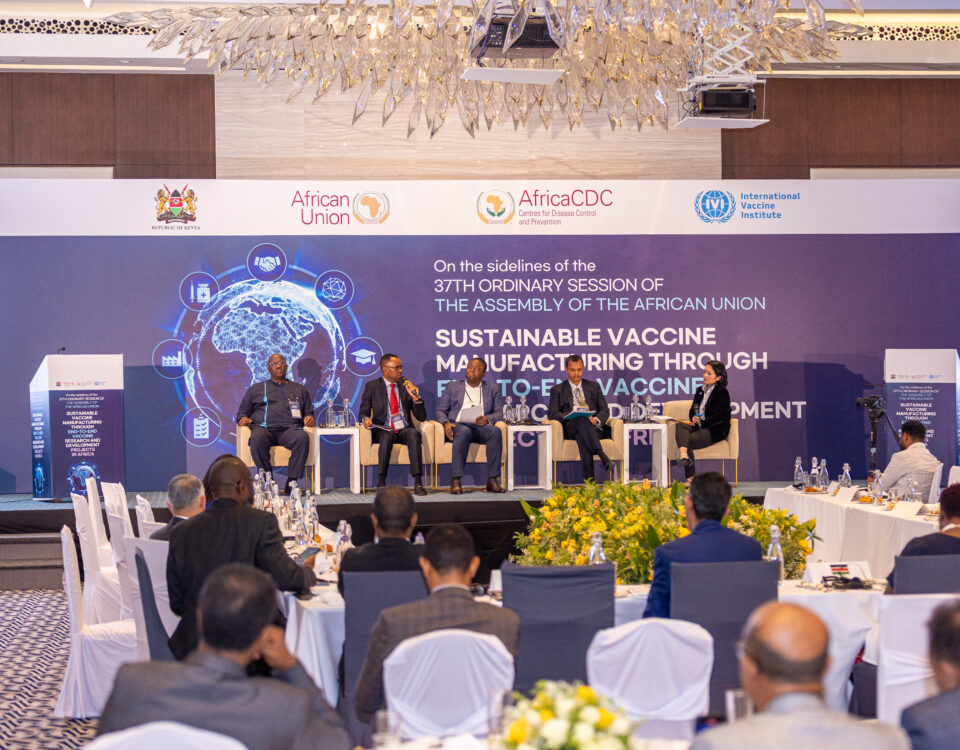31 cases reported of a ‘forgotten disease’ –the measles, due to vaccine aversion
SBS TV, January 15, 2019

A new measles patient has been reported in Ansan, Gyeonggi Province. It is a three-year-old girl who has not been vaccinated. Experts claim that measles cases have rebounded in number due to some people’s reluctance to get their children vaccinated around the world.
Medical correspondent Cho Dong-Charn has the story.
The three-year-old girl in Gyeonggi, who is South Korea’s most recently diagnosed measles patient, lived in the same village as ten others who were previously infected with the disease in the region.
She was in quarantine due to her designation as a person who had been in close contact with the other patients, and thus poses no risk of spreading the disease. This measles outbreak, which started in Daegu, has now spread to Gyeonggi and the Greater Seoul region, with a total of 31 patients having been reported nationwide so far.
Since South Korea was declared to be measles-free in 2006 by the WHO, the disease has long since been considered a ‘forgotten disease’ here. However, a string of cases has been recently reported due to re-introduction of the disease from overseas.
The WHO cites people avoiding vaccination as a reason that measles epidemics have occurred, not only in developing countries, but also advanced countries with strong health and hygiene systems and practices -including the U.S. and Europe.
Ever since a research paper suggesting that vaccine causes autism was published in 1998, vaccine aversion emerged, and the phenomenon has persisted despite the study having been found to have been fabricated.
Hence, the WHO has singled out vaccine aversion as the eighth most significant factor among the 10 biggest threats to human health this year.
According to Song Man-ki, Acting Deputy Director General, IVI:
As vaccine aversion has taken hold over the years, a considerable number of people have gone unvaccinated. Meanwhile, the measles virus has continued to spread across the world.
Measles vaccination is essential to people, except for adults who were born before 1967.
Kim Yoo-mi / director of immunization, KCDC explains: People who were born in 1967 and earlier were found to have strong natural immunity of over 95 percent. The reason is measles epidemics were rampant in the 1950s and 1960s.
People are advised to ensure personal hygiene including handwashing and wearing facial masks.




